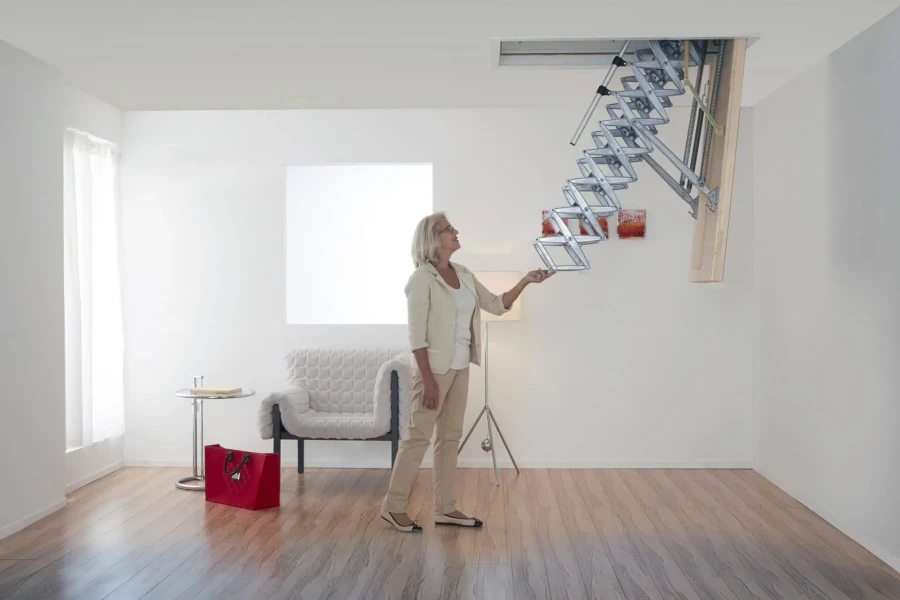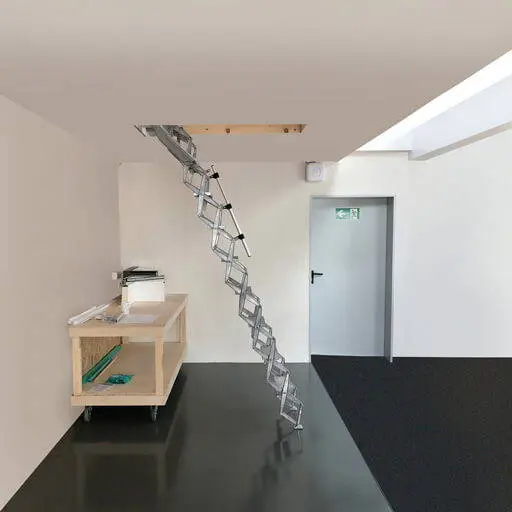Construction clients are failing to engage with the new building safety regime, according to research carried out by the Building Engineering Services Association (BESA).
The Association used its regional meetings with members as ‘focus groups’ over a six-month period to gauge take-up of measures introduced under the Building Safety Act and awareness of roles, responsibilities and risks associated with the legislation, which has been in force since 2022.
The main findings where “total lack of engagement” from clients with BESA members reporting that “not a single client” had discussed compliance with them. They asserted that, far from finding evidence of any significant culture change, the pressure to deliver projects faster and more cheaply was increasing at the expense of quality and safety.

Members from all UK regions confirmed that project decisions remained primarily driven by cost and speed, particularly by owners and developers whose buildings were not classified as ‘higher risk’ (HRBs). This confirmed the suspicion that most clients believe the Act only applies to this type of building.
The meetings followed in-depth research commissioned by BESA last year which revealed that, while awareness of the legislation was rising, contractors and clients were confused about their roles and responsibilities and there was little discernible change taking place.
“As there is currently very little enforcement of the legislation and, therefore, no apparent consequences, clients are still subjecting contractors to aggressive and sub-economic pricing,” said BESA’s director of specialist knowledge Rachel Davidson.
“Not a single client has asked any of our members about compliance with the Act. Tenders are still being won on lowest price and still being value engineered throughout the project on non-HRB works.
“Several contractors who insisted on applying more rigorous safety measures said they had been priced out of projects as a result,” said Davidson, who called for a government driven public awareness campaign to improve client engagement.
The BESA meetings also confirmed that most clients erroneously considered the legislation to be a ‘Construction’ Safety Act i.e. aimed exclusively at the construction industry and did not, therefore, apply to those owning, managing and operating buildings throughout their lifecycle.
BESA members also expressed concern about the number of projects being delayed due to additional planning constraints exacerbated by severe shortages in local authority building control departments.
The need to pay for additional third-party testing to ensure building components meet the specification when operating as a system is another potential source of higher cost and project delays, the BESA meetings reported.
“There is also a serious geographical divide with clear evidence that the further north you go the less awareness of and engagement with the legislation you find, particularly among clients,” said Davidson.
The focus groups were designed to complement detailed market research commissioned by BESA between May and September 2024, which identified relatively high levels of awareness of the building safety legislation but alarming lack of action.
The industry-wide survey, carried out by AMA Research, reported that 88% of respondents showed some awareness of the Act with almost a third claiming to be “fully aware”. There were higher levels of awareness among BESA members than the industry as a whole, but detailed understanding of roles and responsibilities was found to be mixed and varied by building and project type.
Most contractors told researchers that the Act was only having a minimal impact on their businesses and just 9% reported making any “significant changes” to help them comply.
Compliance and legal understanding of the legislation were proving to be “challenging” for most industry businesses who told researchers they needed more training and a closer working relationship with the office of the Building Safety Regulator to embed the changes required to improve building safety.
Levels of awareness vary according to company size with larger organisations, both in terms of turnover and number of employees, shown to be more up-to-speed.
“Some firms have used the Act, and the wider post-Grenfell context, as an opportunity to re-set employees’ focus on what makes them good at their jobs and where they find deficiencies, to carry out more training,” added Davidson. “However, this is far from universal and access to appropriate training remains another key challenge for our sector and one that BESA is pursuing vigorously.”
She added that the industry needed clearer and simpler guidance to help them both apply the legislation measures to their own businesses and explain them to their clients. She also called for a closer and more productive relationship with the Regulator involving open channels of communication and a greater willingness to offer advice on how to comply with Act.
“Also, if the government is really serious about improving standards of safety and performance alongside its ambitious plans for construction growth, it must properly resource the Regulator and ensure that this potentially game changing legislation is fully enforced,” said Davidson.
“Too many clients still think the Act does not apply to them, so they need to be the target of a major awareness programme. It cannot be left to individual contractors to try and educate their clients, particularly while cost remains king.”
BESA’s report can be downloaded here and for detailed information about the Building Safety Act go to the BESA




















